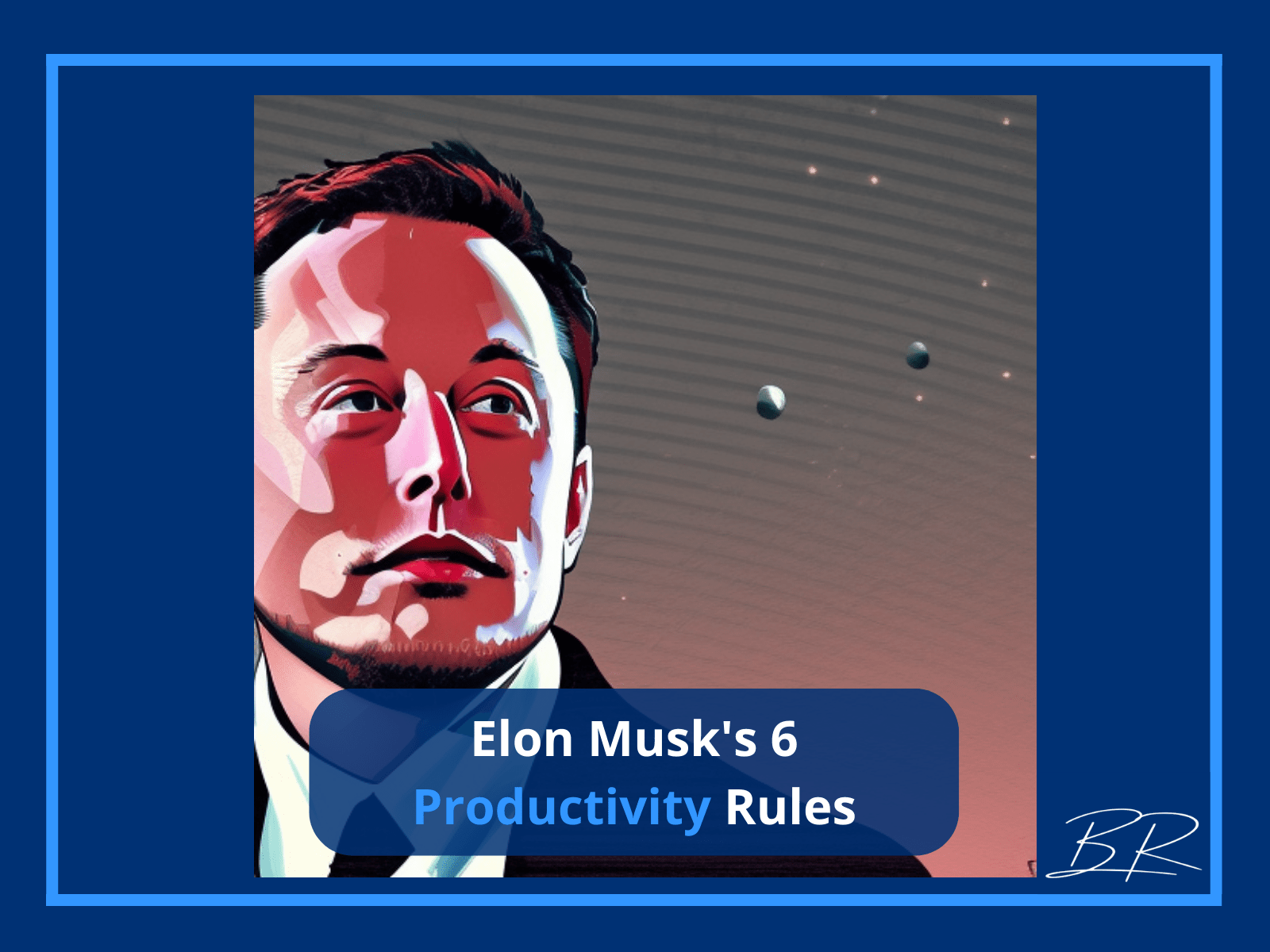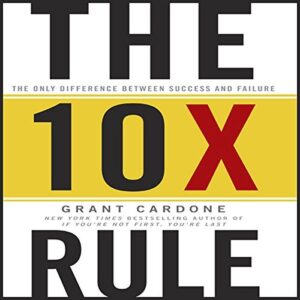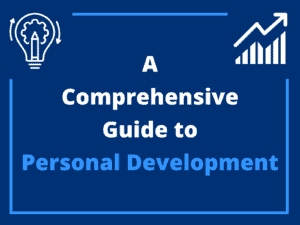Elon Musk’s 6 Productivity Rules To Live By
This post contains affiliate links that help supports this blog and cost you the exact same. If you do not wish to use affiliate links, then feel free to google the product.
If you’ve ever wondered how one of the world’s most successful entrepreneurs manages to stay productive day in and day out, I’ve got some good news for you.
Recently, an email leaked Elon Musk’s 6 productivity rules. In it, he explains six rules for productivity that he expects his employees to follow.
While the recently leaked email has gotten a lot of hype, these principles were actually first discussed in 2018.
Check out these similar articles:
Let’s take a closer look Elon Musk’s 6 Productivity Rules.
Productivity Rule 1: Avoid Large Meetings
“Excessive meetings are the blight of big companies and almost always get worse over time. Please get [rid] of all large meetings, unless you’re certain they are providing value to the whole audience, in which case keep them very short.”
My insight on avoiding large meetings
Large meetings suck.
In general, the more people involved, the less helpful a meeting becomes. Therefore, I have found it beneficial to be decisive on who should be involved and leave everyone else to their work.
Productivity Rule 2: Forget Frequent Meetings
“Also get rid of frequent meetings, unless you are dealing with an extremely urgent matter. Meeting frequency should drop rapidly once the urgent matter is resolved.”
My insight on avoiding forgetting frequent meetings
I disagree with this one. Through covid, we stopped many of our meetings, and while it was okay for the first year, we found the different departments started to drift and lose the “all-for-one” mentality.
It is helpful for both accountability and ongoing direction to have regular but brief scheduled meetings.
Productivity Rule 3: Leave Meetings Your Not Contributing Too
“Walk out of a meeting or drop off a call as soon as it is obvious you aren’t adding value. It is not rude to leave, it is rude to make someone stay and waste their time.”
My insight on leaving meetings you are not contributing too
Agreed, if someone calls a meeting, it is their responsibility only to involve the required people.
If you are not required (often just being kept in the loop), get back to your work.
Productivity Rule 4: Speak So Everyone Understands
“Don’t use acronyms or nonsense words for objects, software or processes at Tesla. In general, anything that requires an explanation inhibits communication. We don’t want people to have to memorize a glossary just to function at Tesla.”
My insight on speaking so everyone understands
Specific jargon and complex words create barriers and make those “not in the know” feel like they are not heard and are not important.
Many people use jargon because they do not understand the topic enough to use everyday words. So before you speak, make sure you know what you are talking about.
Productivity Rule 5: Use The Shortest Communication Path
“Communication should travel via the shortest path necessary to get the job done, not through the “chain of command.” Any manager who attempts to enforce chain of command communication will soon find themselves working elsewhere.”
My insight on using the shortest communication path
In my experience, this is valuable, but only to a point.
Communication should travel via the shortest path when gathering information, but it should follow the proper channels when assigning/directing tasks.
If someone is looking for insights and information, they should be able to talk to the best person, which is the one who has the answer (regardless of rank).
However, it creates chaos when priorities are set outside the proper channels, as one person’s priorities can undermine the company’s.
Productivity Rule 6: Use Common Sense As Your Guide
“In general, always pick common sense as your guide. If following a “company rule” is obviously ridiculous in a particular situation, such that it would make for a great Dilbert cartoon, then the rule should change.”
My insight on using common sense as your guide
This is a catch-22. A business should make its Standard Operating Procedures (SOP) simple and easy to follow. And the company should have simple enough feedback loops that silly rules can be questioned and adjusted.
However, individuals will often seek to exploit rules that make their jobs easier, even at the expense of the business as a whole. So while common sense should always prevail, it needs to be viewed through the lens of the business and not just the individual.
6 Productivity Tips Conclusion
Elon Musk may be one of the most successful entrepreneurs in history, but he’s still human, just like us (I think?).
By understanding these six simple rules for productivity, anyone can apply these same principles and become more efficient with their workday – whether they’re running their own business or simply trying to make it through their 9-5 job.
Try out these tips today with your team and see how much more productive you become!







